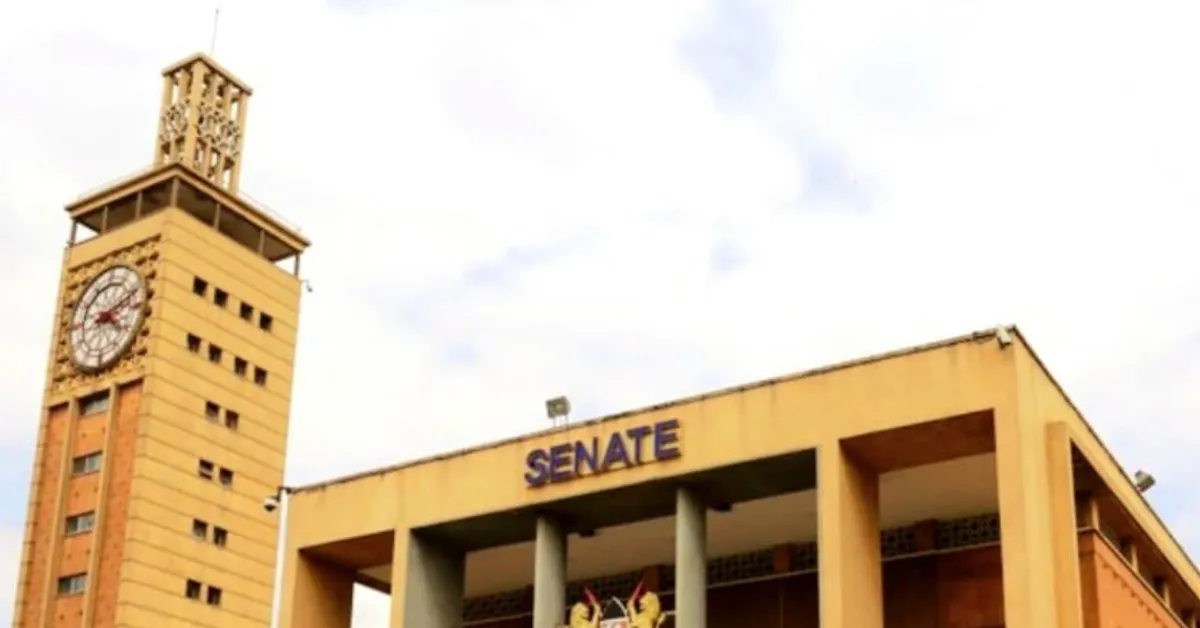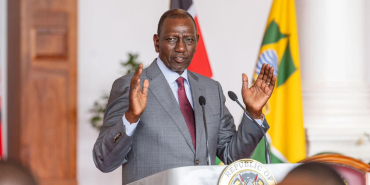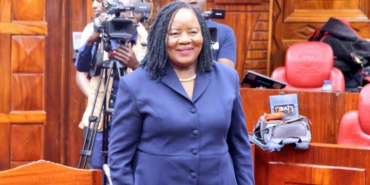Kenyan Leaders Clash Over Proposal to Expand Senate Powers

A proposed constitutional amendment seeking to expand the powers of Kenya’s Senate has triggered sharp divisions among legal experts, county officials, and policy institutions.
The Constitution of Kenya (Amendment) Bill, 2025, introduced on 7 August by Senate Majority Leader Aaron Cheruiyot and Minority Leader Stewart Madzayo, aims to restructure the Senate’s role, giving it broader authority over national governance. Currently under review by the Senate’s Justice and Legal Affairs Committee, the Bill proposes significant changes that would make the Senate a co-equal partner to the National Assembly.
Key provisions include allowing the Senate to initiate legislation, approve the national budget, vet constitutional office holders, and veto decisions by the National Assembly. It also proposes that both Houses submit Bills jointly for presidential assent and seeks to amend Article 109 to allow either House to introduce legislation, except for money Bills, which would remain the responsibility of the National Assembly.
Supporters argue that the Bill would strengthen legislative balance and resolve long-standing tensions between the two Houses. Law Society of Kenya President Faith Odhiambo backed the Bill’s objectives, particularly the proposed expansion of the Senate’s role in budget-making and legislation.
However, she cautioned that giving both Houses veto power could lead to legislative deadlock and called for a mandatory mediation mechanism to prevent prolonged stalemates. The Justice and Legal Affairs Committee, chaired by Bomet Senator Hillary Sigei, is scheduled to hold public hearings in all 47 counties ahead of the Bill’s second reading on 6 November.
In the meantime, the proposal has attracted criticism over its potential impact on county autonomy and legislative efficiency. The County Assemblies Forum (CAF), which represents Members of County Assemblies, has opposed the proposal to expand Senate oversight of county revenue.
CAF Chairperson Seth Kamanza warned that such changes could undermine the authority of county assemblies and disrupt the budget process at the county level. He added that without strong cooperation between the Houses, the proposed changes risk stalling the legislative process.
The Commission on Revenue Allocation (CRA) also raised concerns about overlapping responsibilities and increased bureaucracy. CRA Chief Executive Roble Nuno said giving both Houses vetting powers could delay government appointments and complicate oversight functions.
The Institute of Economic Affairs (IEA) offered a mixed response, acknowledging the Bill’s intent to address legislative shortcomings but warning of possible unintended consequences. The IEA criticised the removal of the requirement for the two Speakers to agree on whether a Bill concerns counties—a provision currently under Article 110.
The organisation recommended retaining the article but revising it to clarify existing ambiguities and introduce a structured dispute resolution mechanism. The debate highlights broader questions about the design of Kenya’s bicameral system. While the proposed reforms aim to enhance legislative parity and accountability, critics argue they could also introduce procedural delays and inter-House conflict.














Add new comment